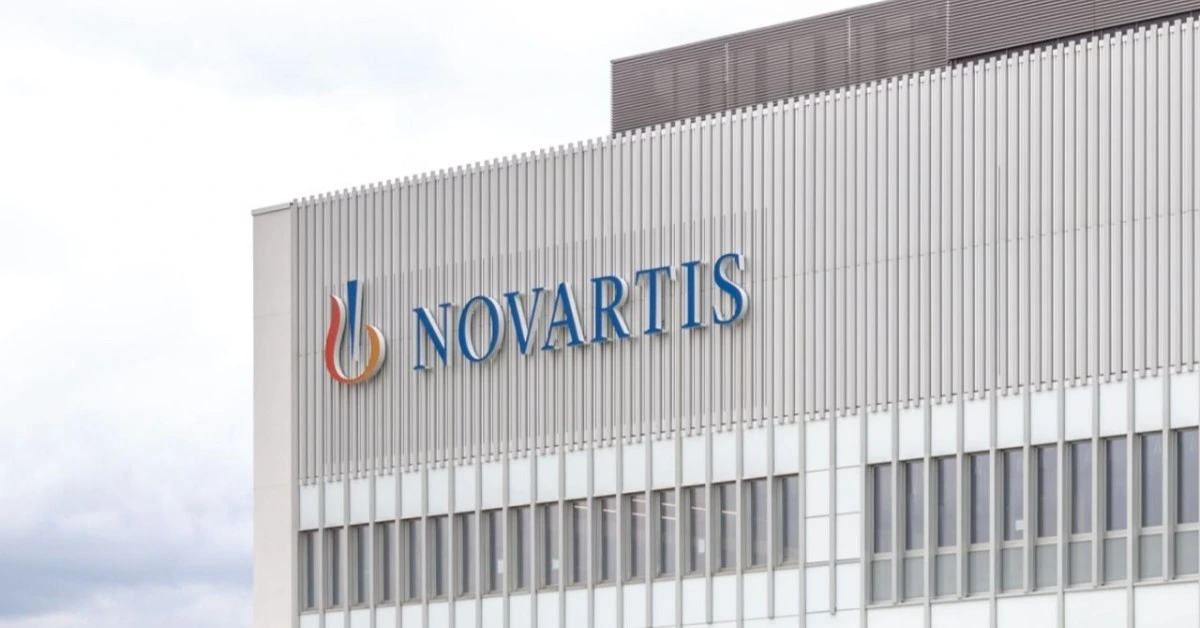
SWITZERLAND – Novartis has announced an agreement to acquire Kate Therapeutics, a San Diego-based biotech company specializing in gene therapies for inherited neuromuscular diseases such as Duchenne muscular dystrophy (DMD).
The deal, valued at up to US $1.1 billion, was disclosed as Novartis highlighted its R&D pipeline and mid-term growth strategy at an investor event.
The acquisition will significantly enhance Novartis’ gene therapy portfolio, particularly in the fields of neurology and gene-based treatments, two core areas of the company’s research focus.
Kate Therapeutics’ pipeline, which is still in the preclinical stage, includes promising gene therapy candidates for DMD, facioscapulohumeral dystrophy (FSHD), and myotonic dystrophy type 1 (DM1), as well as therapies targeting heart diseases.
Kate, founded in 2023, has quickly garnered attention for its innovative DELIVER platform, which generates gene therapy capsids designed to target muscle and heart cells while avoiding the liver.
The platform’s most advanced candidate, KT809, is aimed at DMD, a severe genetic disorder that leads to progressive muscle weakness and is caused by a deficiency in the dystrophin protein.
According to early lab results, KT809 shows potential for delivering higher and more uniform expression of microdystrophin in both skeletal muscle and heart tissue than current treatments, and it does so with lower doses than competing gene therapies.
Sharif Tabebordbar, Kate’s co-founder and chief scientific officer, presented these findings earlier this year at the American Society of Gene and Cell Therapy (ASGCT) conference.
He explained the advantage of their approach, stating: “First-generation gene therapies for DMD use very high doses of naturally occurring capsids that primarily target the liver, and promoters that are more active in skeletal muscle than heart in primates.
In contrast, we have developed a DMD gene therapy candidate that potently, uniformly, and selectively expresses high levels of microdystrophin in both skeletal muscle and heart, which are the major affected organs in the disease, while avoiding off-target tissues like the liver.”
The acquisition also positions Novartis to compete in the rapidly growing DMD gene therapy market.
In 2024, Sarepta’s Elevidys became the first FDA-approved gene therapy for DMD, with impressive sales of US $181 million in the third quarter alone.
Strong presence in the gene therapy space
Novartis already has a strong presence in the gene therapy space, particularly with Zolgensma (onasemnogene abeparvovec), a treatment for spinal muscular atrophy (SMA).
The therapy has treated over 3,400 patients globally and generated US $308 million in sales during Q3 2024. Novartis also has more than 20 other gene therapy candidates in its pipeline.
Fiona Marshall, President of Biomedical Research at Novartis, expressed confidence in Kate’s scientific potential, stating, “We have been highly impressed with the rigour and potential of Kate’s science, and we are confident this acquisition will further enhance our ability to bring forward new therapeutic options for patients living with neuromuscular diseases.”
Kate’s two most advanced gene therapy programs focus on DMD and X-linked myotubular myopathy, a rare genetic disorder that affects muscle strength.
The latter program has been developed in partnership with Astellas Pharma, Japan’s second-largest drugmaker.
This deal builds on a broader strategy by Novartis, which has been increasing its presence in gene therapies and other emerging technologies through acquisitions.
In 2023, the company also acquired DTx Pharma, a startup focused on RNA-based treatments for neurological diseases, in a US $500 million deal.
In recent years, Novartis has made several high-profile acquisitions, including the US $1 billion purchase of Mariana Oncology, a radiopharmaceutical developer, and the US $3.5 billion acquisition of kidney disease drugmaker Chinook Therapeutics.
These moves reflect the company’s ongoing commitment to expanding its R&D capabilities and strengthening its portfolio of innovative therapies for rare and complex diseases.
XRP HEALTHCARE L.L.C | License Number: 2312867.01 | Dubai | © Copyright 2025 | All Rights Reserved